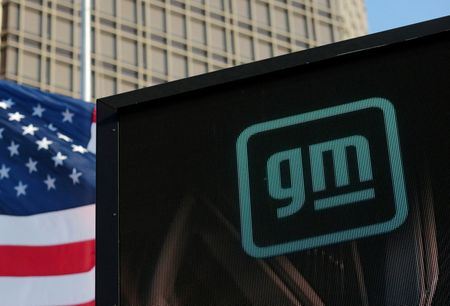By Toby Sterling
AMSTERDAM (Reuters) – The Dutch government excludes billions of euros of sales by technology company ASML to China from disclosures on sensitive goods exports, it has told Reuters, following a policy decision that has not been previously reported.
The move is of interest because disclosure of exports of “dual use” goods with potential military applications had previously been routine in the Netherlands, and experts who rely on public data to understand states’ military capabilities, including parliament, may no longer have the full picture.
Computer chip equipment maker ASML itself releases sales data for China – around $7 billion worth in the first nine months of 2024 – but it does not specify the type of machinery it sells by region.
That is a matter of financial and military interest because the type of lithography tool that ASML customers buy helps determine the sophistication of the chips they can make.
The Dutch government’s decision to exclude most of ASML’s Chinese sales from public disclosure, confirmed to Reuters by the foreign ministry, dates from September 2023.
At that time, following pressure from the United States, the Netherlands introduced a national list of “dual use” goods considered to have military significance, focused on ASML’s DUV tools, that require a licence to export. Its most advanced EUV tools had always required an export licence.
In written answers to questions from Reuters, the foreign ministry said that while it must disclose licence grants for goods considered sensitive by the European Union, such as EUV tools, that requirement doesn’t extend to the DUV tools on the new Dutch list.
“The reason is that (disclosing) such information would be easily traced back to specific companies, thereby revealing commercially sensitive business data,” it said.
Frank Slijper of peace organization PAX, which closely monitors arms exports, was critical of the policy.
He said disclosure requirements exist because accurate assessments of states’ military capabilities prevent conflict.
“It’s in nobody’s interest to increase the level of secrecy,” he said.
In a report sent by the Foreign Ministry to parliament in November, the Dutch government said that China was the sixth largest destination for Dutch “dual use” goods, with 253 million euros ($262 million) worth in 2023, slightly behind Switzerland.
However, China would have been first ahead of Taiwan, South Korea, the U.S. and Britain if ASML’s “dual use” sales had been included, according to Reuters calculations.
ASML declined immediate comment.
(Reporting by Toby Sterling; Editing by Mark Potter)











